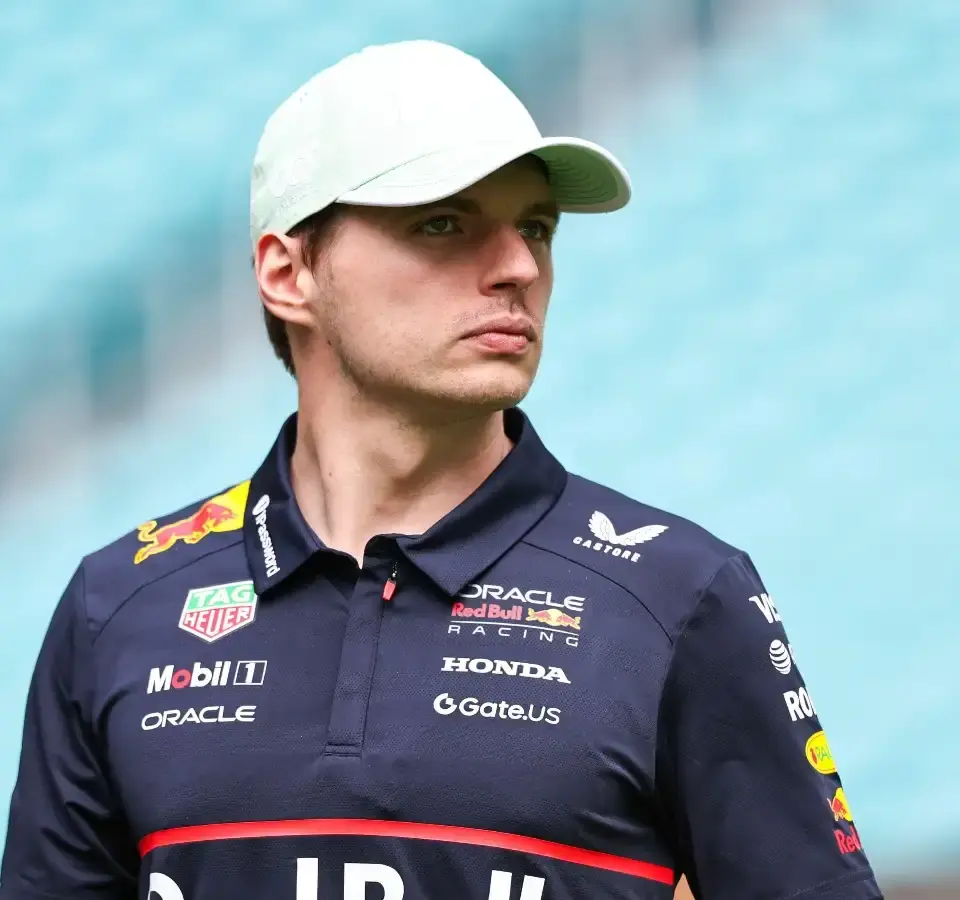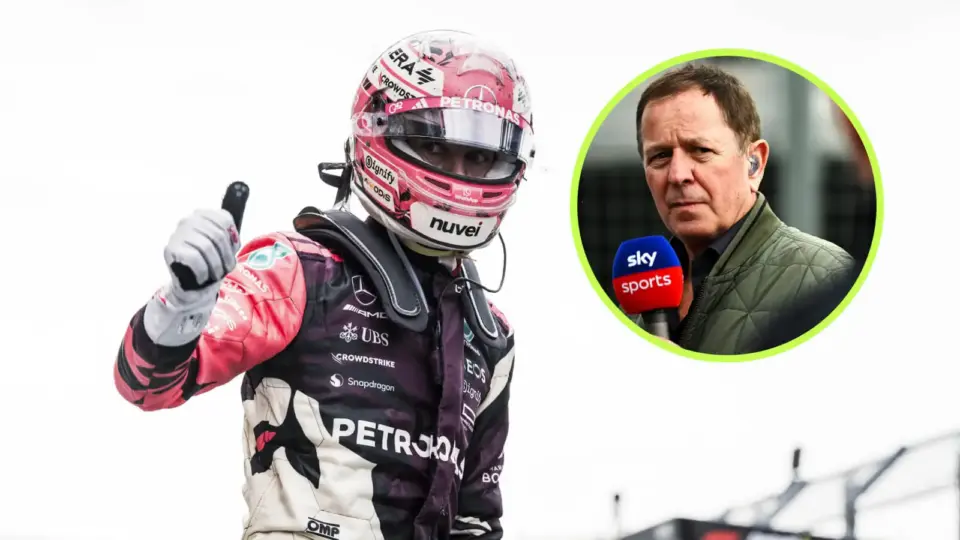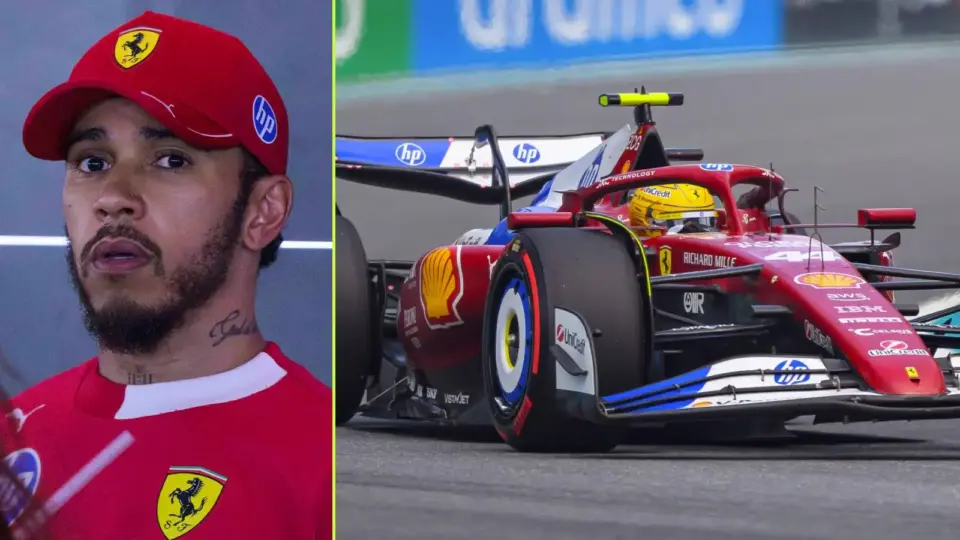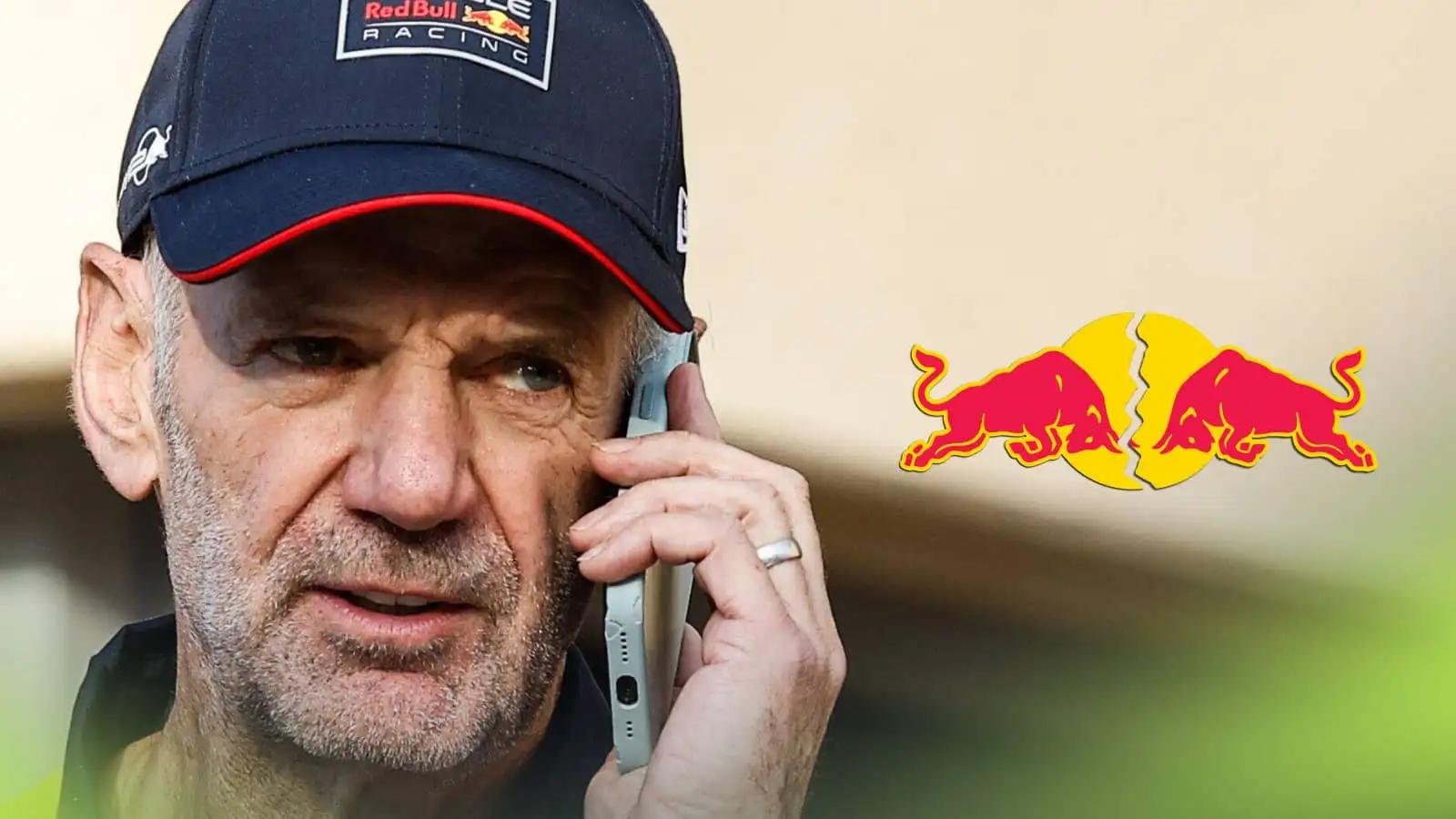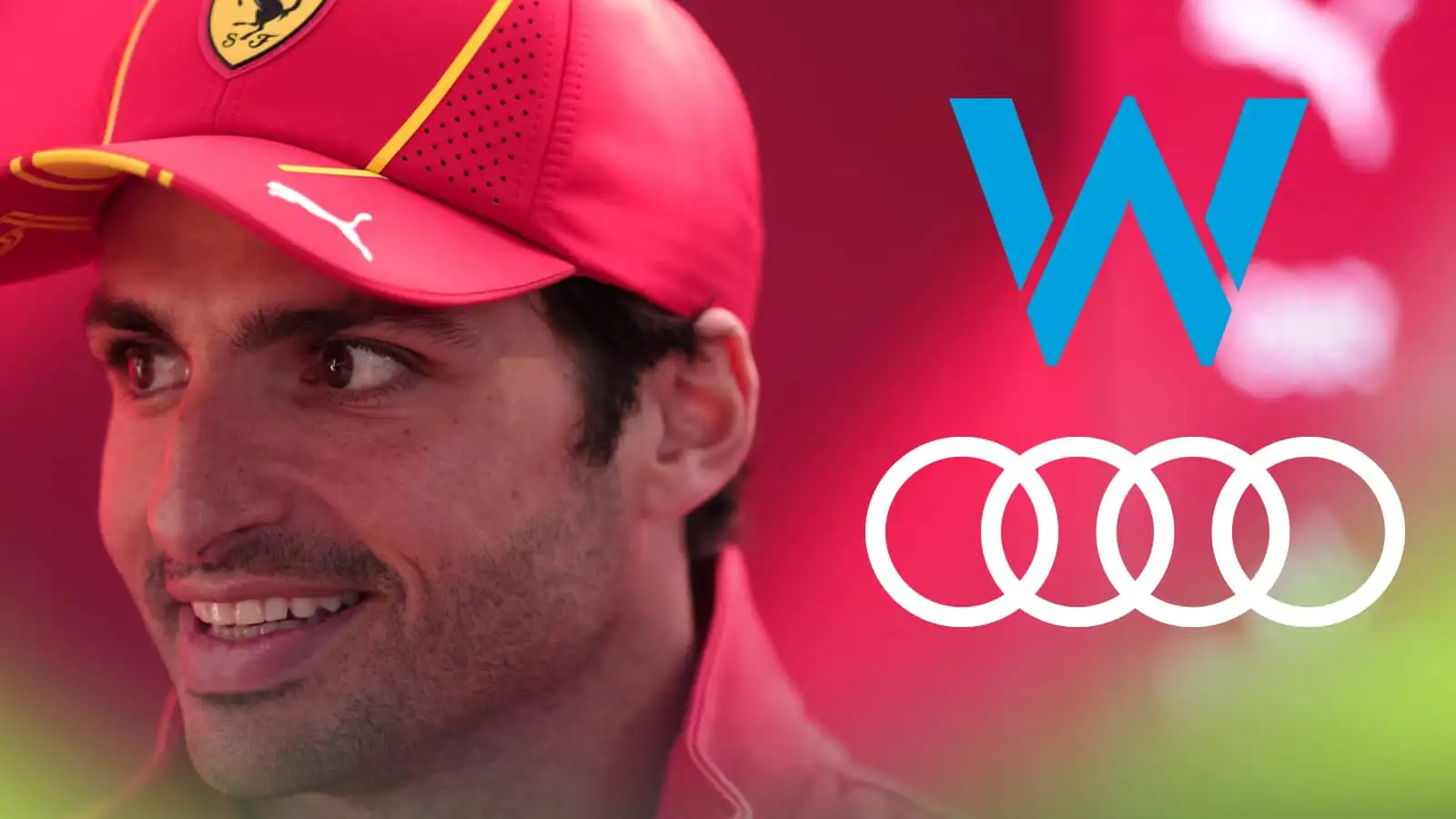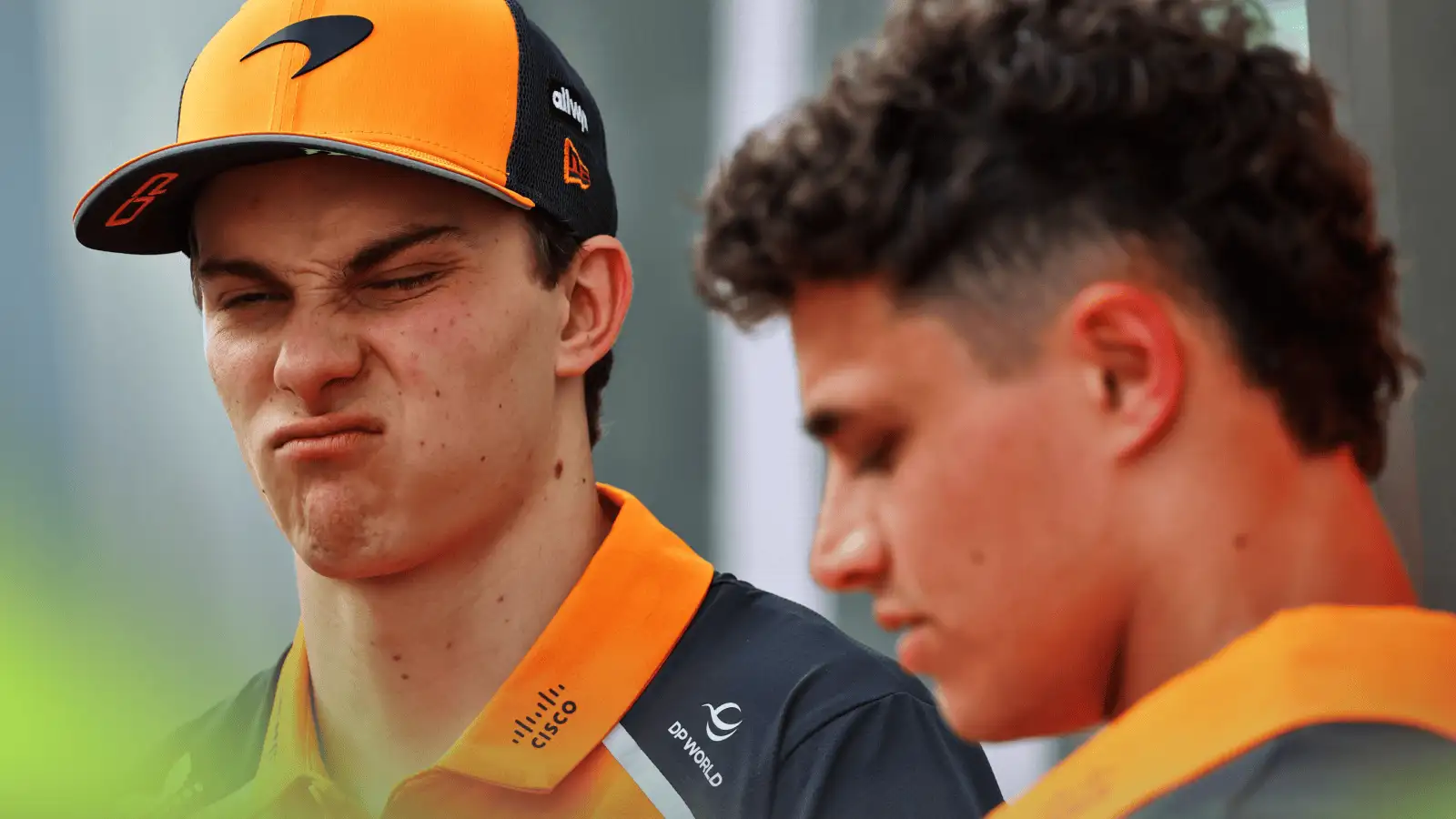Max Verstappen faces a career-defining choice between Red Bull and Mercedes for the F1 2026 Championship.
- Zak Brown prefers Verstappen to stay at Red Bull, wary of Mercedes’ potential to dominate like they did in 2014.
- The 2026 F1 season is set for major changes, with new cars and split power units shaking up the competition.
- Brown sees Red Bull at risk after losing key figures, a factor influencing his preference for Verstappen’s decision.
- Mercedes’ confidence and comfort with current regulations hint at their readiness for the upcoming changes.
Max Verstappen is at a crossroads, with significant implications for his future in the 2026 F1 Championship. With choices lying between Red Bull and Mercedes, each offering distinct opportunities and challenges, the decision isn’t easy. Zak Brown, a notable figure in motorsport, clearly leans towards Verstappen continuing with Red Bull, primarily to avoid bolstering Mercedes, which might replicate their 2014 dominance due to new regulations.
In 2026, Formula 1 will experience one of its biggest overhauls. The introduction of smaller, lighter cars and a change in power unit dynamics, including a 50/50 split between internal combustion engines and electricity, are expected to revolutionize the sport. Brown recalls how Mercedes overshadowed others after the last major engine reset, holding firm from 2014 until 2020. With the last aerodynamic shift won by Red Bull, the latest changes promise a thrilling unpredictability, leaving everyone guessing who might dominate this time.
Brown expresses his reservations about Red Bull’s strength following the departure of key talents like Adrian Newey and Rob Marshall. Despite Red Bull’s assertions that these losses won’t affect them, Brown sees them as potential disruptions. Red Bull may face challenges in maintaining their competitive edge and influence Verstappen’s decision in staying or moving.
Mercedes, on the other hand, exudes confidence in their tech achievements, giving Brown reason to believe in their strong position come 2026. Indications are that Mercedes’ comfort with the current regulations reflects readiness and a strategic advantage. Brown’s comments underline his belief in Mercedes’ capability to leverage their well-honed expertise and potentially ensure Verstappen’s decision for his career’s next phase.
As speculation continues, Verstappen holds a contract until 2028, though performance clauses could pave the way for an early exit. With Red Bull and Mercedes both in his sights, the racing world is abuzz with the potential outcomes of his decision, keenly watching how these behind-the-scenes dynamics play out.
Max Verstappen’s impending decision will not only shape his career but also the competitive landscape of Formula 1.
